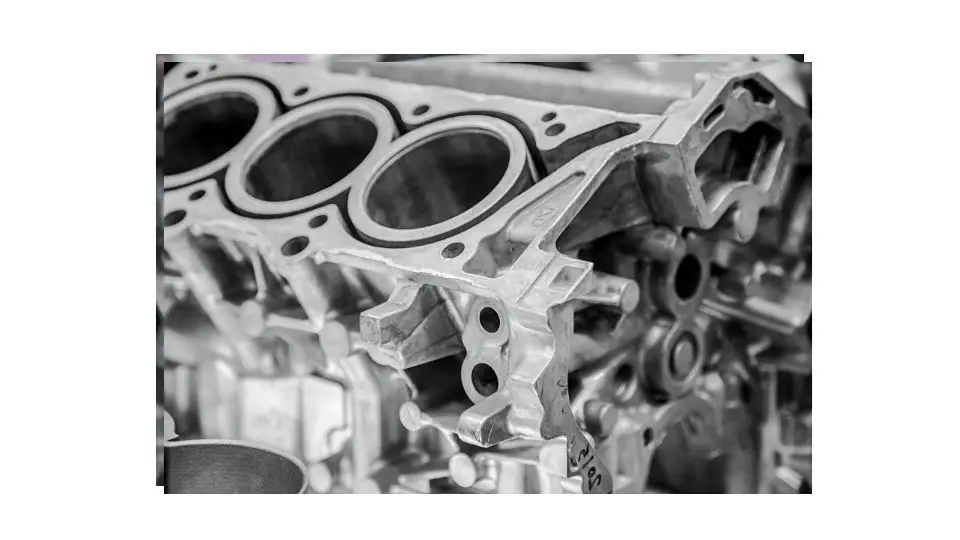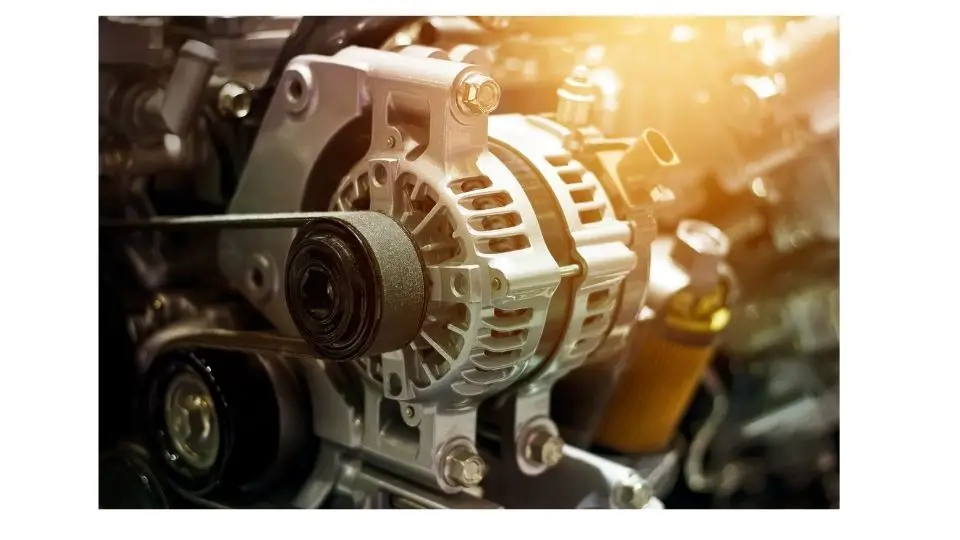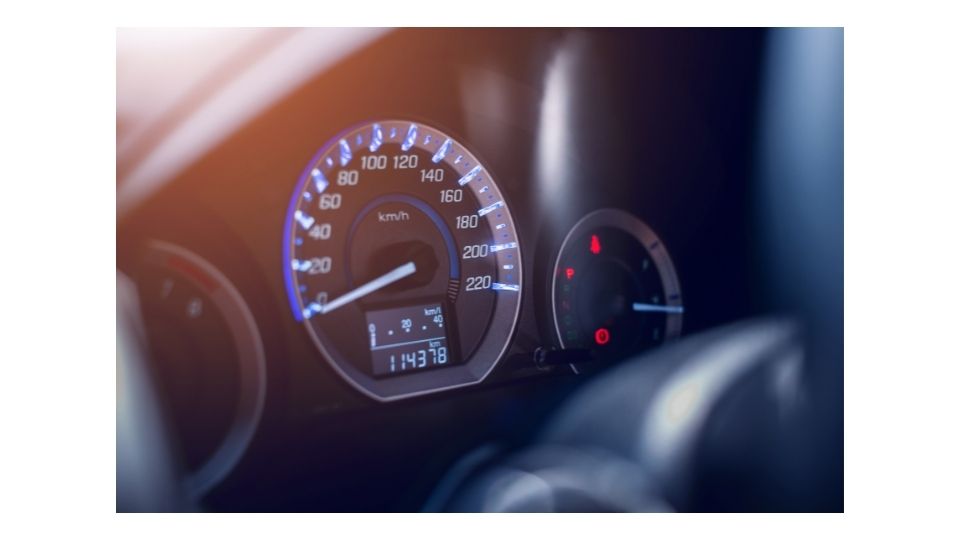You can’t beat the simplicity of a small block Chevy engine. It works great right out of the box and has a great sound! In this post, I’d like to tell you all you need to know about the weight of a small block Chevy engine and more. Keep reading.
What is a Chevy small block engine?
The Chevy small block engine is a series of V8 engines built by the Chevrolet division of General Motors. These engines were used in many different GM vehicles, including cars and trucks. They were popular from the 1950s to the 1990s and are still being made today.
The first Chevy small block engine was introduced in 1955 and was based on the same design as its predecessor, the 283 cu in (4.6 L) “Blue Flame” inline-six engine.
The main difference was that it used an OHV cylinder head instead of pushrods for valve actuation, like most other American V8s at the time did.
How much does the small block Chevy engine weigh?
The small block Chevy engine weighs 680 pounds on average. The weight of a small block Chevy engine can vary, depending on the year and model.
The weight of an engine depends on the number of cylinders it has, the number of valves per cylinder, the type of valve train used, and the type of cooling system used.
Generally speaking, more cylinders will make an engine heavier because more parts are required to make the engine perform its tasks. More valves per cylinder will also increase the weight of an engine because more parts are required to perform each function.
How much does a fully dressed Chevy small block weigh?
A fully dressed Chevy small block weighs in at 685 pounds.
The reason for this weight difference has much to do with how parts were made back then versus today. Modern engines are made from lightweight materials such as aluminum alloy that can reduce the overall weight of an engine by as much as 100 pounds from similar sizes from years ago.
How heavy is a small block engine?
This is a great question. In fact, it’s one that many people ask me all the time. The answer is that a small block engine weighs around 400- 600 lbs.
If you’re wondering why an engine would be so heavy, it’s because they are made out of cast iron and steel. The blocks themselves can weigh as much as 25 pounds alone!
Even though they are heavy, they’re still relatively easy to move around as long as you have help from other people and some lifting equipment like a floor jack or engine hoist.
How much does a complete 350 Chevy engine weigh?
The weight of a Chevy 350 engine depends on the configuration. A complete 350 Chevy engine can weigh anywhere from 400 pounds to almost 4000 pounds.
The lighter engines are typically the ones that have been modified for racing or show cars. The heavier engines are usually used in trucks or other vehicles that need to be able to tow heavy loads over long distances.
How much does a small block Chevy V8 weigh?
A small block Chevy V8 weighs around 535 pounds. The weight is impacted by the engine block, cylinder heads, and pistons.
The engine is a key component in any car. It’s the part that gets your vehicle moving and keeps it moving. It’s also the part of your car that has many parts and systems working together to create the power you need to drive your vehicle.
Types of Chevy small block engines
The Chevy small-block engine is a powerful and durable V8 engine used in many different General Motors vehicles, ranging from Camaros to pickups.
It’s known for its power and longevity, making it one of the best engines ever built. The first generation of small-block Chevy engines were introduced in 1955. Since then, they’ve been refined and improved over time to produce even better results.
The LS engine family, made by General Motors, has three generations: I-III; IV and V. These engines were derived from the original small-block Chevrolet engines line Or the Chevrolet Gemini small-block engine.
Why is weight on an engine important?
The weight of the engine is important because it determines how much power the vehicle can produce, how fast it can go and how much fuel it uses.
The heavier the engine, the more power it needs to move the vehicle around. The lighter the engine, the less fuel it uses and the faster a vehicle can accelerate.
As you might imagine, there are many different types of engines available for cars today. Each type has its own strengths and weaknesses
For example, Gasoline engines are usually heavier than diesel or electric engines because they require more parts to operate. However, they are also more powerful than other types of engines.

Tomas is a retired Chevy Auto Technician that brings decades of hands-on experience and expertise to the table. He’s also a father to two incredible daughters. He enjoys using his knowledge and experience to help you solve and find reliable information on Chevrolet vehicles. Whether it’s troubleshooting engine problems or providing tips for maintenance, Thomas is committed to helping Chevy owners keep their vehicles running smoothly and safely.



